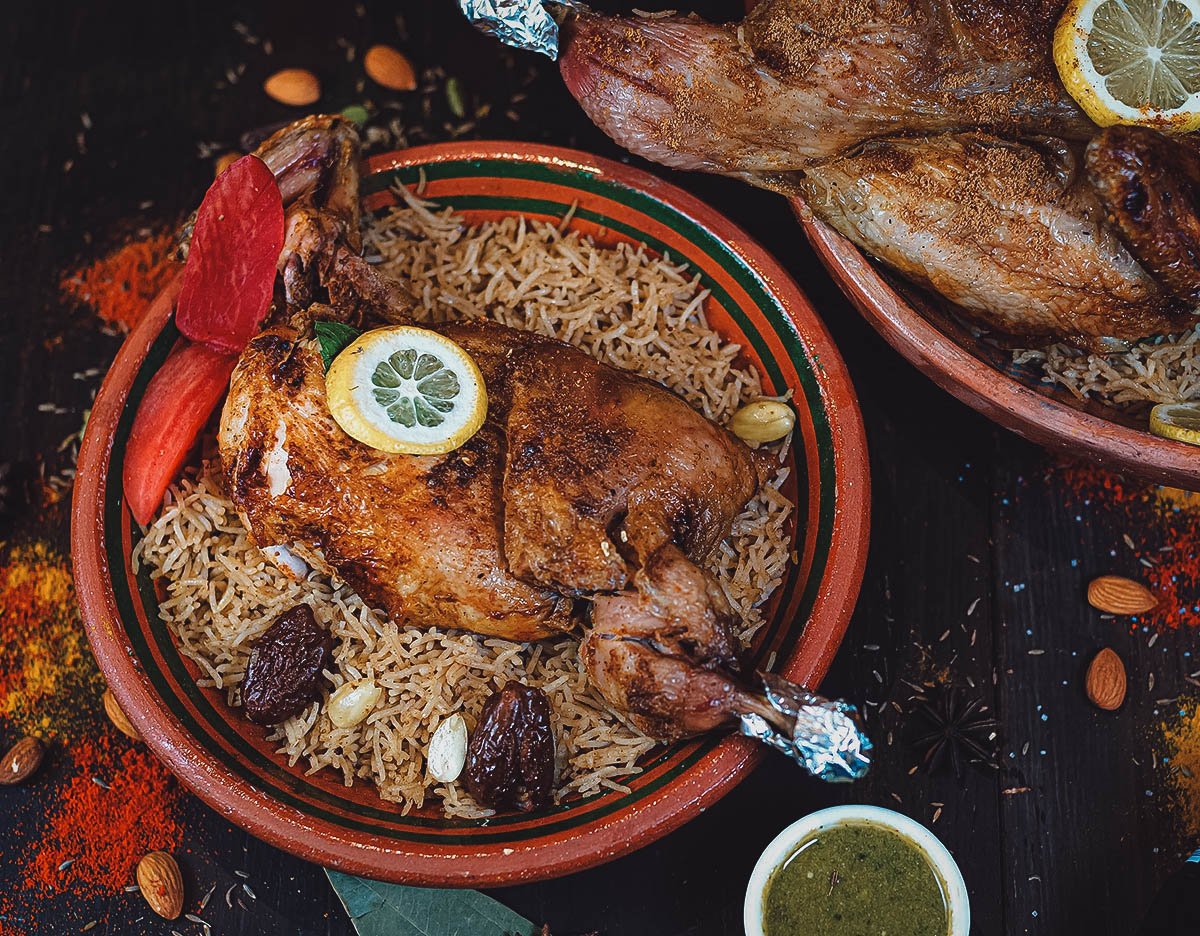Introduction: Understanding Dining Culture in Pakistan
Dining culture in Pakistan is an integral part of its rich cultural heritage, reflecting the country’s diverse history and traditions. Pakistani cuisine is a fusion of Indian, Persian, and Middle Eastern flavors with a unique flavor of its own. Dining is an essential social activity that brings families and friends together to share meals, celebrate special occasions, and build relationships.
Traditional Pakistani Cuisine and Dining Customs
Pakistani cuisine is known for its rich and spicy flavors, with a variety of dishes that range from traditional kebabs, biryanis, and curries to sweet and savory snacks such as samosas and pakoras. Traditional Pakistani dining customs involve serving a variety of dishes, usually consisting of rice, bread, meat, vegetables, and lentils. Meals are often eaten family-style, with everyone sharing from the same dishes.
Dining Etiquette: Seating Arrangements and Meal Service
In Pakistani culture, seating arrangements play an essential role in dining etiquette. The eldest or most respected member of the family sits at the head of the table, while guests are seated according to their status or relationship with the host. Meals are typically served in courses, with the main course being served last. Hosts ensure that guests are well-fed and comfortable, and will refill dishes as needed.
Use of Hands in Eating and Serving Food
The use of hands is an important aspect of Pakistani dining etiquette. It is customary to eat with the right hand, as the left hand is considered unclean. Using utensils is not common, except when eating rice or soup. In traditional Pakistani dining, hosts often serve food to guests using their hands, which is considered a sign of hospitality.
Islamic Customs and Practices in Pakistani Dining
Islam plays an essential role in Pakistani culture, and many of its customs and practices are observed during mealtimes. Muslims recite a prayer before eating, known as Bismillah, and thank Allah after finishing their meal. Pork is not consumed, and alcohol is prohibited. Fasting during the holy month of Ramadan is also a significant aspect of Islamic dining culture in Pakistan.
Conclusion: Embracing Cultural Diversity at the Dinner Table
In conclusion, dining in Pakistan is a unique cultural experience that combines rich flavors and customs rooted in history, tradition, and religious practices. Understanding and embracing Pakistani dining customs and etiquette can help bridge cultural gaps and foster cultural understanding and appreciation. By sharing meals and learning about each other’s cultures, we can celebrate diversity and build meaningful relationships.

